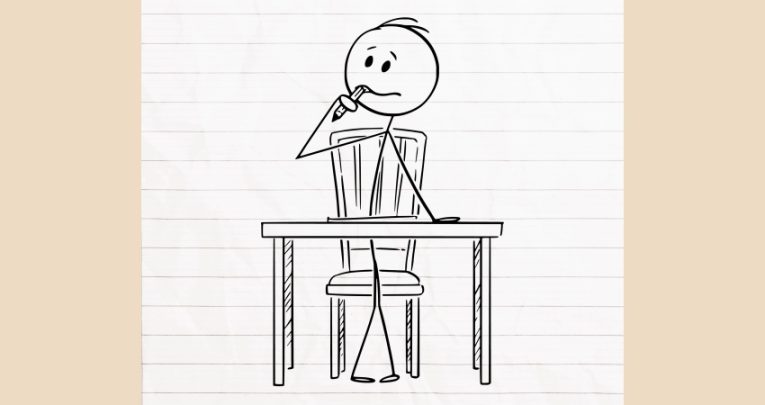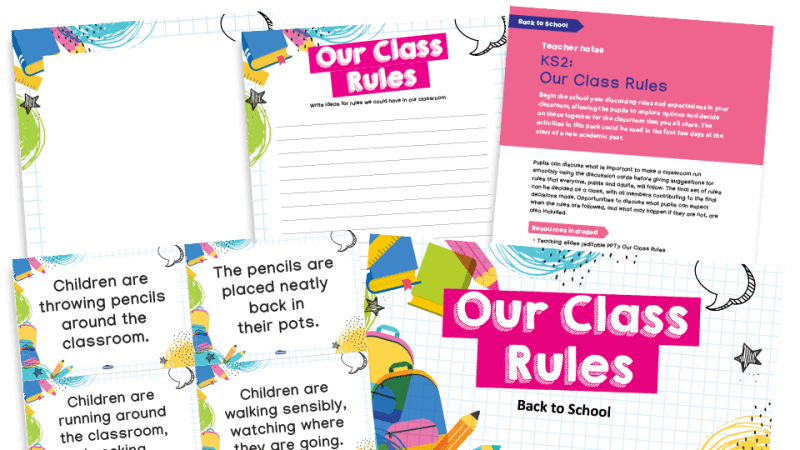Learning journal – Keep one and celebrate your mistakes

Every day spent in the classroom presents opportunities to learn about yourself and discover ways of becoming better, counsels John Lawson

- by John Lawson
- Former teacher, governor, author & owner of tutoring service Visit website

“Education of the heart is every bit as important as the education of the mind” – Aristotle
One of the world’s wisest teachers once shared two tips with me that could dramatically transform anyone’s career. I’ve forgotten the first, but I definitely remember the second as being ‘Write stuff down, or you’ll forget and have to re-learn everything.’ So true.
To this day, I’m still amazed when I see teachers at training sessions who aren’t taking notes. Why assume that a speaker won’t say nothing worth jotting down? While I generally dislike the imposition of dogmas, I’m prepared to make an exception when it comes to keeping a thoughtfully curated learning journal, since doing so can genuinely benefit most teachers and disadvantage none.
When used properly, a good learning journal can become a guide to teaching excellence that resonates with our unique daily experiences. If I could add one mandated task to our national teaching programme, it would absolutely be collaborative and guided journaling for teachers – ‘What did we learn about ourselves and our teaching this week…?’
Shout and I’ll hear you; speak and I’ll listen
My own NQT year was a nightmare for numerous reasons. But my gravest failing was not effectively correcting my recurring schoolboy errors. This made it impossible for me to command respect from those who gave me the most grief.
I learned too slowly that authoritative teachers are also astute and methodical learners. On countless occasions I was goaded into one-on-one verbal ‘battles’ with students that I always lost (as most teachers do) – even those I fancifully imagined at the time that I’d ‘won’. As an Irish farmer once pointed out to me, “A donkey might be roaring at you out of a field – but you’re under no obligation to roar back.” To often, I’d been that dumb ass bellowing back…
Worse, I wasn’t just shouting. I’d consistently allow pride and prejudice to engender anger in me, instead of stepping back and composing myself. After all, it was so easy to blame the students for provoking my anger, since they could zero in and press all the right buttons. No matter how often I was told to not take things personally, I invariably did.
Elusive perfection
When students threw all my heartfelt efforts at educating them back at me, untouched, I’d feel affronted. Yet the thing is, anger never helps us remain as composed and professional as we should be. Once we’ve lost our temper, the subsequent focus will rightly centre on any unprofessional behaviour we exhibit, rather than whatever fault may have provoked the outburst in the first instance. (Plus, administrators will naturally prefer to deal with one teacher, rather than many parents.)
After school each day, I’d therefore compose a sentence or short paragraph centring on something I’d learned about the children, the school I was based at, or teaching and education more generally.
Even when I felt I hadn’t learned anything all that novel, I’d still spend around ten minutes quietly reflecting on the woes and wonders of the day just gone. Flawless days were rare.
Trending
By the end of that first school year, I’d identified many priceless principles that would go on to serve me well throughout my career. This included always putting behaviour before the curriculum. If we can resolve behaviour issues calmly and sensibly, then everything else becomes much more manageable.
Perfection truly eludes us all. But in hindsight, I was more confident than I’d dared hoped to be after that car crash of a first year at the chalkface.
“I’d identified many priceless principles that would go on to serve me well throughout my career”
I still regularly revise my own Learning Journal, even now. Though the rate of fresh insights naturally decreases as we improve…
Teach as you can
As a mentor, I now regularly encourage ECTs to celebrate their mistakes, because they’re among our sharpest teachers. When we make a mistake that really hurts, the pain lingers and the lesson seeps into our souls. I continue to have occasional recurring nightmares of being naked and losing control of a class. If we want to enrich young people’s lives and enjoy doing so, then we must swiftly correct any consistent gaffes as early as possible.
Perhaps the greatest value of keeping a Learning Journal is that it eventually becomes a personalised account of our own individual teaching journeys. This is in contrast to the latest guru’s guide to ‘effective teaching’.
Teach as you can, and not as you can’t. The way that works for you is always the best way to teach.
John Lawson is a former secondary teacher. He now serves as a foundation governor while running a tutoring service. He is author of the book The Successful (Less Stressful) Student (Outskirts Press, £11.95). Find out more at prep4successnow.wordpress.com or follow @johninpompano.










